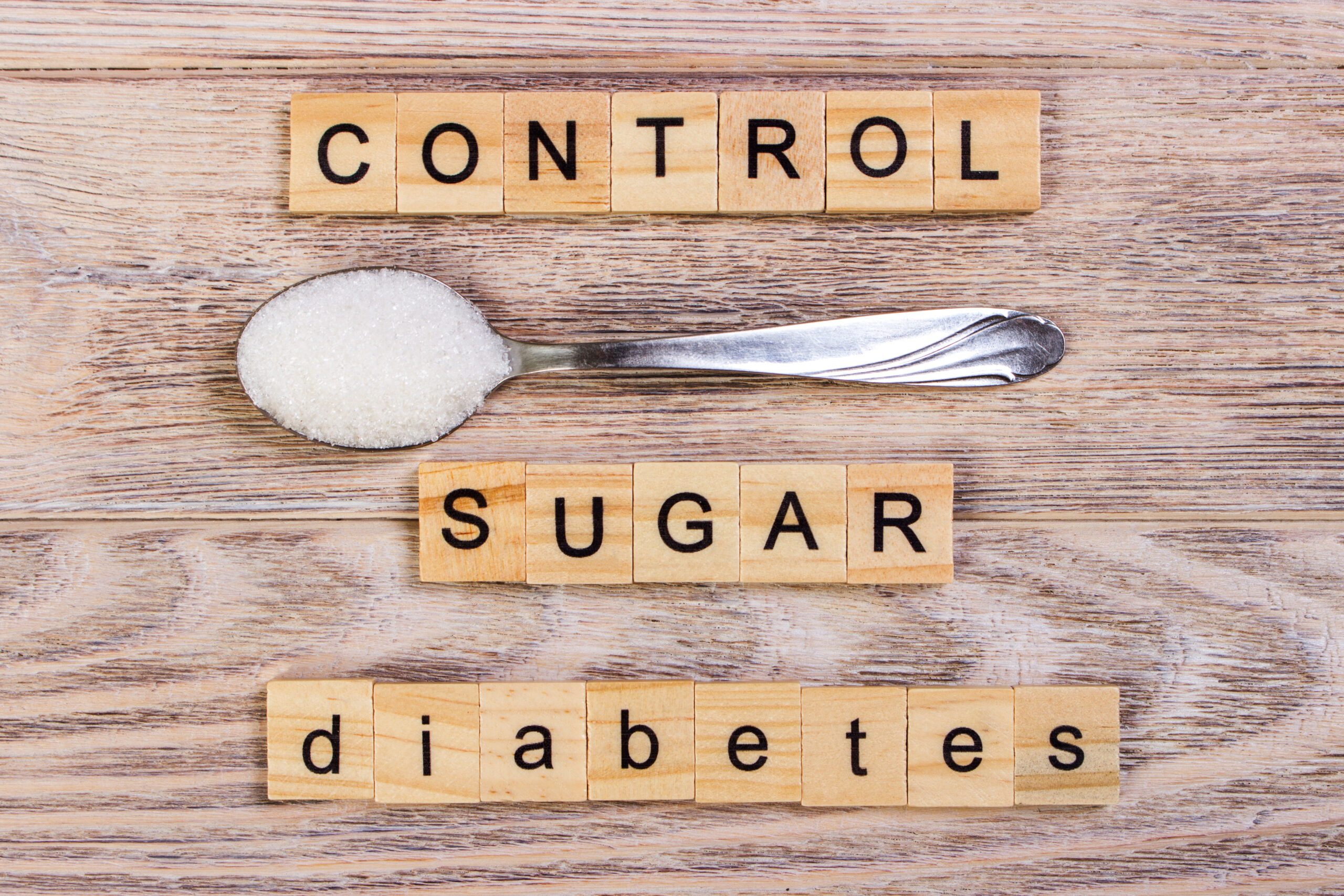A plant-based diet is becoming increasingly popular for its numerous health and environmental benefits. However, it’s important to make sure that your plant-based diet is both healthy and sustainable. Here are some tips for creating a plant-based diet that is good for your health and good for the planet.
1. Eat a Variety of Foods
Eating a variety of plant-based foods is key to a healthy and sustainable diet. This means incorporating a range of fruits, vegetables, whole grains, legumes, nuts, and seeds into your meals. Not only will this ensure that you’re getting a wide range of nutrients, but it will also help you avoid getting bored with your meals.
2. Focus on Whole Foods
When creating a plant-based diet, it’s important to focus on whole, unprocessed foods. This means avoiding highly processed foods like vegan junk food, which can be high in calories, unhealthy fats, and added sugars. Instead, opt for whole foods like fruits, vegetables, and whole grains, which are packed with nutrients and fiber.
3. Get Enough Protein
Many people worry that it’s difficult to get enough protein on a plant-based diet, but this is not the case. There are plenty of plant-based protein sources, such as beans, lentils, tofu, tempeh, and nuts. It’s important to include a variety of protein sources in your diet to ensure that you’re getting all the essential amino acids your body needs.
4. Consider Supplements
While a well-planned plant-based diet can provide all the nutrients you need, there are a few nutrients that can be challenging to get enough of on a plant-based diet. These include vitamin B12, vitamin D, and omega-3 fatty acids. Consider taking supplements or incorporating fortified foods into your diet to ensure that you’re getting enough of these important nutrients.
5. Shop Locally and Seasonally
Choosing locally sourced and seasonal produce is not only good for the environment, but it can also be more nutritious and flavorful. Local produce is often picked at peak ripeness, which means it’s packed with nutrients and flavor. Additionally, buying local produce supports local farmers and reduces the environmental impact of transporting food long distances.
6. Reduce Food Waste
Reducing food waste is an important aspect of a sustainable plant-based diet. Plan your meals ahead of time and only buy what you need. Use up leftovers and make use of all parts of fruits and vegetables, such as using carrot tops in a pesto or making vegetable broth from scraps.
In conclusion, creating a sustainable and healthy plant-based diet is not as difficult as it may seem. By focusing on whole, unprocessed foods, incorporating a variety of plant-based protein sources, and shopping locally and seasonally, you can create a diet that is good for your health and good for the planet. Don’t be afraid to experiment with new recipes and ingredients to keep your meals interesting and delicious.



